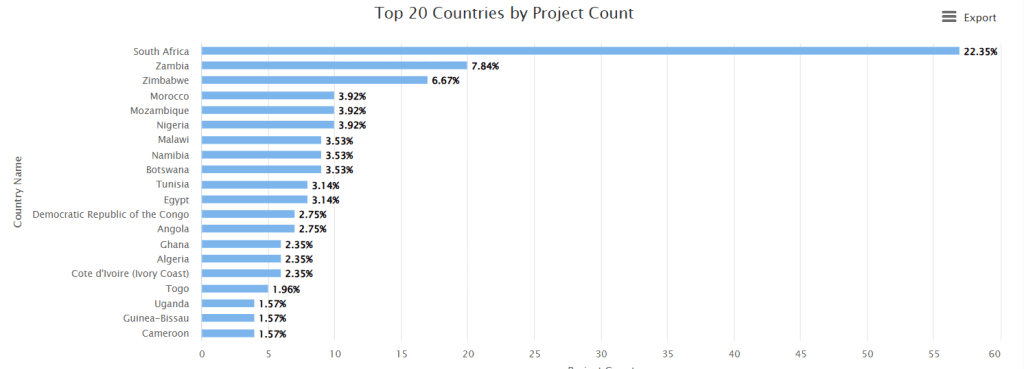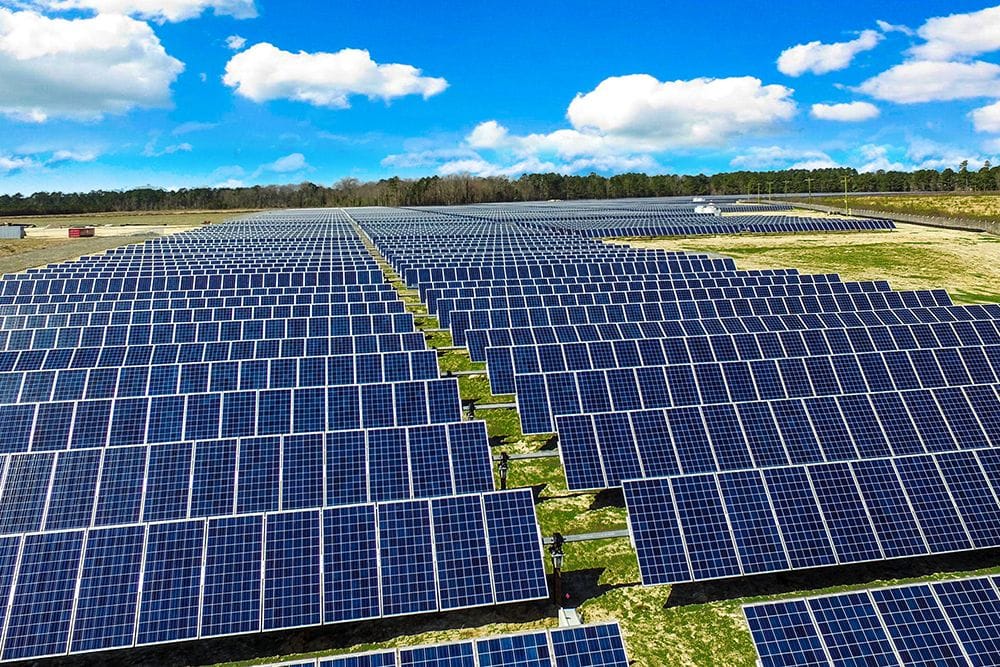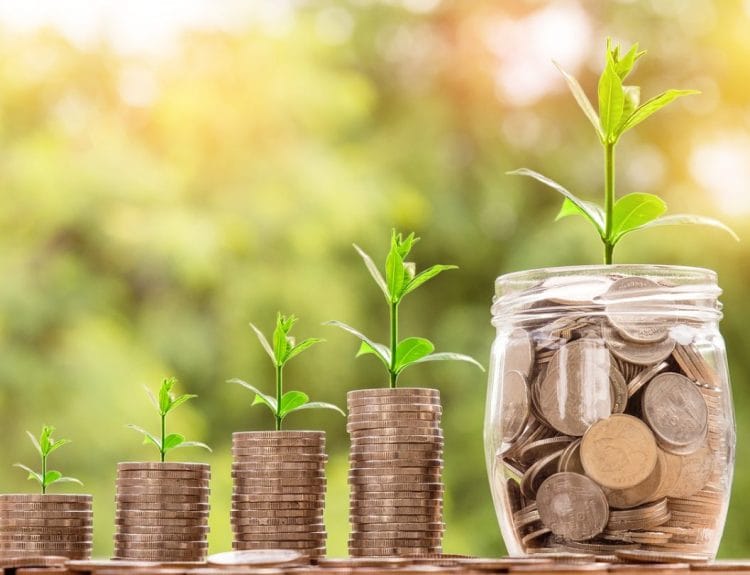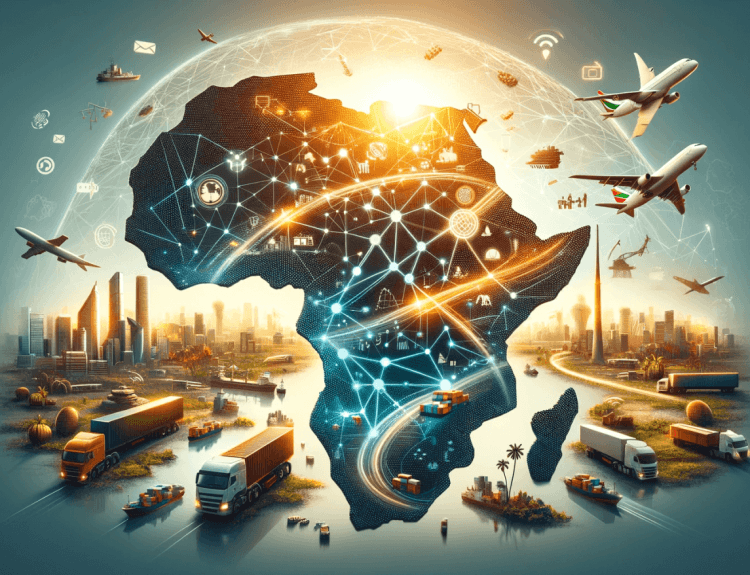Solar Projects in Africa – An Overview
Solar projects in Africa have made headlines over recent years. With the global expansion of renewable energy sources, the African solar industry has experienced significant investments. In this article, we will examine what drives the industry, which challenges it is facing, and which project opportunities are currently emerging for global suppliers.
Key Industry Drivers
The key drivers of the solar industry and solar projects in Africa come from supply and demand factors.
On the supply side, Africa has an enormous potential to generate solar energy. The continent receives more sunshine than any other on the planet. The sunlight Africa receives is also very intense due to the continent’s large flat areas and proximity to the equator.
Globally, a push towards renewable energy generates strong financial support, including for solar projects in Africa. Regional and global financiers such as the African Development Bank (AfDB), the International Finance Corporation (IFC), and the European Investment Bank (EIB) are among the leading players in the sector.
Demand side factors include a shortcoming in current electricity generation capacity, which creates an opening for new plants coming on-stream. Growing economies and populations in Africa are further expanding electricity demand, creating ample space for more future investments.
But demand does not only originate from the continent’s domestic buyers. As Europe’s industry is moving through its energy transition, it will need to import significant amounts of green hydrogen. This green hydrogen can be relatively cheaply produced from solar and other renewable energy sources in Africa. The geographical proximity between Europe and Africa further supports the business case.
Challenges
Nevertheless, solar projects in Africa are not without hurdles
Despite international support, financing is notoriously difficult to obtain in many African countries. When targeting local electricity demand, limited purchasing power and issues around affordability pose a significant challenge for most electricity-related projects
For large-scale solar projects in Africa to be successful, legislation and political stability are crucial. However, some projects suffer from political instability, excessive bureaucracy, and in some cases corruption
Infrastructure shortcomings are also noteworthy. Without necessary grid infrastructure, power from large-scale projects cannot be transmitted or requires additional investments
Nevertheless, there is an increasing number of smaller and larger solar projects in Africa
Landscape of Solar Projects in Africa
There are currently approximately 260 large, utility-scale solar projects upcoming or ongoing on the African continent. Around half of these are already under construction, while the other half is in various stages of planning
Southern Africa is the region with the highest number of solar projects in the pipeline. South Africa is the continent’s leading destination for solar projects. Economically smaller countries such as Zambia, Zimbabwe, Malawi, and Namibia also play relatively strong roles
In Northern Africa, Morocco, Egypt, and Tunisia are all represented in the top 10 countries with the highest number of projects

The 10 Largest Solar Projects in Africa
The 10 Largest Solar Projects in Africa are relatively well distributed among different countries
G5 Sahel Desert to Power Project
The G5 Sahel Desert to Power Project is the largest solar project in Africa. The $10 billion master plan aims to add 10 GW of solar generation capacity in 11 countries in the Sahel region. The project receives financial support from the African Development Bank (AFDB) and the Green Climate Fund. It is currently in the feasibility study phase
CET Solar Project
The CET Solar Project in Egypt plans to add 10 GW of solar generation capacity to Egypt's national grid. This massive $8 billion project is being developed by China Electric Power Equipment and Technology and the Egypt Electric Holding Company. It is currently in the feasibility stage.
Anglo-American Renewable Energy Project
In South Africa, the Anglo-American Renewable Energy Project is a $7 billion master plan to build various solar and wind power plants, along with battery energy storage systems. The project is currently under construction.
Kebbi Solar IPP
The Government of Kebbi State in Nigeria is the developer of the 5600 MW Kebbi Solar IPP project. Construction is expected to begin in late 2024.
Infinity Renewable Energy Project (Cameroon)
The Egyptian company Infinity Power Holding is the developer of two of Africa's largest solar projects. The Infinity Renewable Energy Project in Cameroon is a $6 billion project aimed at generating 4000 MW of electricity from wind, solar, and biomass energy.
Infinity Solar Project Egypt
The Infinity Solar Project Egypt aims to generate 4000 MW for Egypt's power grid at a cost of $4.5 billion. Infinity is partnering with Hassan Allam Utilities on this project. It is currently in the feasibility stage, with construction scheduled to begin in 2026.
Tafouk 1 Solar Project
The Tafouk 1 Solar Project is a flagship project in Algeria. In two bidding rounds, the $3.6 billion project plans to add a total of 4000 MW of electricity generation capacity to the national grid. The developers are Algeria's Ministry of Energy and Sonelgaz, a national utility company.
Leupane Energy Hub and Industrial Park
The Dutch company AAAS Energy, along with Australia's Botala Energy, is jointly developing the Leupane Energy Hub and Industrial Park at a cost of $2 billion. Once completed, the project will produce around 700 MW of electricity from a combination of solar and gas power plants. The project is currently in the feasibility study phase.
Masdar Solar Project (Tanzania)
Abu Dhabi Future Energy Company is the developer of the Masdar Solar Project in Tanzania. With a cost of $2 billion, the project aims to create 600 MW of solar and wind energy capacity, with the option to expand it to 2000 MW. The current feasibility study is facing delays, but construction is scheduled to begin in 2025.
Masdar 2 GW Solar Project (Zambia)
Under the name Masdar 2 GW Solar Project, Abu Dhabi Future Energy Company is developing several solar, wind, and hydroelectric projects at a cost of $2 billion. Implementation has been delayed, although construction is expected to begin in 2025.
Source of the article: ABiQ






